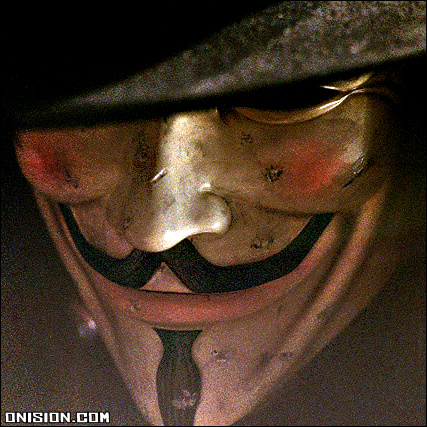 When something becomes mandatory adhering to some status quo of rules and codes, it no longer becomes an activity that you might want to do. This holds precedence, especially in high school, when students are forced to do assignments they do not see the reward in. Day after day, the modern student must struggle against a cause they have no standing reason to believe in.
When something becomes mandatory adhering to some status quo of rules and codes, it no longer becomes an activity that you might want to do. This holds precedence, especially in high school, when students are forced to do assignments they do not see the reward in. Day after day, the modern student must struggle against a cause they have no standing reason to believe in.One such example is creative assignments. This blog falls under that category. Where as some might be able to simply create art on a whim, others must toil through it. Making it mandatory in the name of required "Schooling" effectively makes it that much worse.
Perhaps where I'm going with this is that school seems utterly pointless at an early age. And some may hold that belief true in their later years. But like any effective/ineffective schooling system of the world, we must face facts. The current social belief stands that an education makes a person, regardless of who they may choose to be.
So why does the American school system invest the most in education, and yet rank the lowest in quality students? As Obama pours money for education, many doubt that spending more makes better students.
So you may say that this is another excuse of mine to avoid school? As I recall, the United States of America is a democratic country. Should the students not have a direct say in what they should learn? How much they should receive in funding?
And of course the adults and politicians would declare that we are too young to make such decisions for ourselves. This is a legitimate concern. But what about the young adults? Are they to say our opinions into the matter mean nothing?
Says who? The American society is hell bent on creating the image that an education is the number one priority for a youth. But isn't the youth to decide what they want in life?
And what is the point of all this if they sleep in class, as they do now, if they are not interested in learning something they are forced to? If they have no genuine interest in their lives? The fact that students coin their education "useless" should tell us something. But let me quote John Taylor Gatto, for he says it better:
"The secret of American schooling is that it doesn’t teach the way children learn — nor is it supposed to. Schools were conceived to serve the economy and the social order rather than kids and families — that is why it is compulsory. As a consequence, the school can not help anybody grow up, because its prime directive is to retard maturity. It does that by teaching that everything is difficult, that other people run our lives, that our neighbors are untrustworthy even dangerous. School is the first impression children get of society."
I'm not saying that we should eliminate youth education altogether. But if we can create a system where learning is not a CHORE, it would be a big improvement. A system where people would learn what they want to learn. A system not based on a preset standard that is adhered to only because it is convenient. Only because it is a system that everyone says is effective. Only because it is a system where nobody asks the children what they want. It would really say something about the United State's will for Life, Liberty, and the Pursuit of Happiness.
What I want is not for society to shun a student who decides to quit school because they know their will better than anyone else. That the independence they seek from the tyranny of a failing education system was not in vain, so that one day they may pursue their endeavors in any way they wish, whether it include an education or not.
And most importantly, the idea that you don't need to have an education to enjoy life. Some don't want to spend a tenth of their life confined in being taught the illusion that you can't do anything unless society says you can according to their customs and rules.




